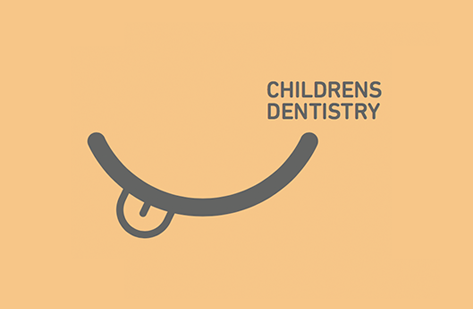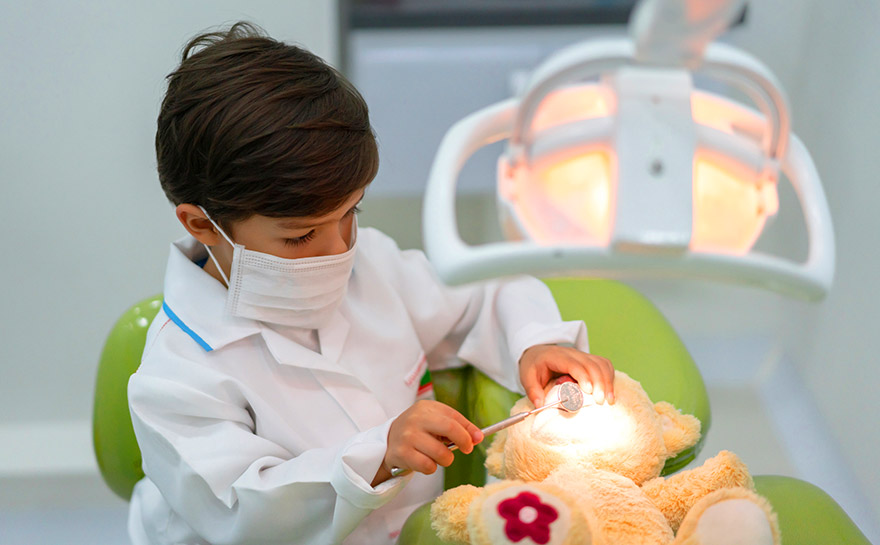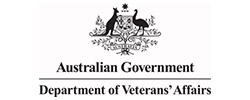Children's Dentistry
At Sunrise Dental Care, we understand the importance of children’s dental health. So much so, we strongly believe cost should not be a barrier to their dental care.

If your family is covered for general dental under your private health fund, then you will never pay a gap for your children’s dental examinations, x-rays, cleans and all necessary treatment (excluding treatment that requires lab work). We treat all children BULK BILL dental treatment for children eligible for Medicare’s Child Dental Benefit Schedule (CBDS).
We try our best to ensure their visits to the dentist is a positive, enjoyable experience. We have a dedicated kid’s corner in our waiting room complete with ipads, a selection of children’s TV shows to watch while they are in the dental chair and children’s goodie bags (complete with a toothbrush, toothpaste and much more) to reward them for their bravery when they come to see us for their six monthly examinations.
Your children will love coming to see us!

Child Dental Benefits Schedule (CDBS)
The Commonwealth/federal Child Dental Benefits Schedule (CDBS) is a dental benefits program for eligible children aged 2-17 years that provides up to $1,052 in benefits over a two years period for your child’s dental treatment.Treatments including examinations, x-rays, cleaning, fissure sealing, fillings, root canal treatments and extractions (unfortunately it Excludes orthodontics and mouth guards.)
This government initiative is a great foundation to introduce the importance of good dental health to children.
Eligibility
FAQs
Your child may feel anxious or frightened about visiting a dentist. Treat the appointment as an ordinary event rather than a “big deal”. Talk to your child about their appointment in a positive manner. We recommend you keep the information you give them to a minimum.
To prepare them for their first visit to the dentist it is a good idea to bring them along to your own dental check-up so they can get used to the surgery environment, the smells and the sounds.
Your child may have discomfort and can be irritable when teeth begin to erupt. They like to place fingers and other objects in mouth to relieve discomfort. As well as having sore or tender gums, they may also have; increased dribbling, flushed cheeks and change in eating patterns.
Teething discomfort can be relieved by use of teething gel, cool teething ring or cold wet washcloth to chew on. Fever is not normal for a teething child and should seek medical consultation if your child has an unusually high or persistent fever while teething.
Children need to use toothbrushes designed for children. They should use brushes with soft, rounded bristles for gentle cleaning.
Change to a new brush about every three months.
Some children seem to do a more effective job of cleaning the teeth with the aid of an electric toothbrush. The novelty of the electric toothbrush may even motivate children to brush more frequently.
Fluoridated toothpaste should be introduced when a child is 1 year of age.
Prior to that parents should clean the child’s teeth with water and a soft-bristled toothbrush. When toothpaste is used in young children, only a small pea-sized amount on the toothbrush is recommended. Children should spit out and not swallow excess toothpaste after brushing.
Parents need to assist tooth brushing twice daily as young children do not have the manual skill to brush their teeth effectively. Children need help brushing until the age of 7.
Dental Treatment for Children
Topical fluoride is a highly concentrated form of fluoride used to prevent tooth decay. Fluoride strengthens the tooth enamel which makes it more resistant to tooth decay.
Topical fluoride is used routinely for children with newly erupted teeth, with a high of decay or prior to commencement of orthodontic treatment.
Fissure Sealants are plastic coatings that are applied to protect the grooves (fissures) and pitted surfaces of teeth to help prevent decay .
The biting surfaces of the back molar teeth is where most cavities in children are found (they 5 times more likely to develop decay than any other surface). It Is very difficult to clean the tiny grooves in these surfaces therefore food and bacteria build up in these crevices, as a result increasing risk of dental decay. To avoid this we can place Fissure Seals on newly erupted back teeth. This is a completely pain-free procedure that takes around five minutes per tooth; the sealant is a pink or tooth-coloured material that flows into the grooves of the back teeth, setting hard.
At Sunrise Dental Care we strongly believe prevention is far better than a cure.
Fissure sealants are common and effective technique to help prevent tooth decay. Children of all ages, with fissure sealants are more likely to have no decay or fillings than those with no fissure sealants.
Tooth coloured fillings (composite or glass ionomer) are used to repair fractured and/or decayed teeth, restoring it back to normal function and appearance. At Sunrise Dental care we will only use white filling materials on your child. We do not use silver filling materials, especially on children.
Stainless steel crowns are very strong and durable silver coloured “caps” used to restore teeth that are:
- Badly decayed
- Heavily broken down
- Baby molars that have had pulp therapy treatment
- Baby or adult teeth with underdeveloped enamel (eg enamel hypoplasia)
They are used to protect the remaining portion of a severely weakened tooth where further decay or fracture may result in tooth extraction being the only option.
These crowns are silver in appearance but can be rarely noticed in your child’s smiling. At sunrise Dental care, we like to think of these teeth as a Transformer tooth or Princess jewelry for a tooth which are very cool and special!
Pulpotomy is the treatment of an infected nerve in a tooth.
It involves the surgical removal of the nerve inside a tooth and the placement of a medicated dressing.
The 2 main reasons for a tooth requiring a pulpotomy are:
- Severe dental decay
- Traumatic injury
If a pulpotomy is not performed a tooth abscess can develop, resulting in the need for extraction. With the proper pulp treatment the tooth can be preserved for chewing food and maintaining proper space for permanent teeth.
A dental extraction is the removal of a tooth. This procedure is done only as a last resort. However, sometimes an extraction is the best option for your child’s mouth to return back to full health.
The main reasons for an extraction include:
- Trauma
- Extensive and severe tooth decay or infection
- For orthodontic reasons
Rumour has it that extracted teeth at the dentist get a higher rate from the tooth fairy! If a primary molar is removed prematurely, a space maintainer may needed to be placed.
A space maintainer is an orthodontic appliance used to preserve the space that remains after a tooth extraction. They are used when a baby tooth has been prematurely lost to hold space for the adult/permanent tooth to prevent future space loss and dental problems.
If a baby tooth is lost too soon, the teeth beside it may tilt or drift into the empty space. If this happens, it creates a lack of space in the jaw for the adult teeth. Therefore, adult teeth may become crowded which will require extensive orthodontic treatment.
Space maintainers are made of metal that are custom fit to your child’s teeth.
Space maintainers need special care:
- Avoid sticky sweets;
- Keep it clean tootling careful toothbrushing with a fluoride toothpaste; and
- Regular 6 monthly dental visits are needed to monitor the space maintainer.
The space maintainer are subsequently removed when the adult tooth is close to eruption.
Once again, Prevention is better than a cure.
The best way to prevent breaking or losing a tooth when playing a ball or contact sport is to wear a custom-fitted mouthguard made by a dental professional. There are wide range of colours available to choose from; your child can select a mouthguard to match their sporting team or even favourite team’s colours.
Ideally your child need to clean your mouthguard a tooth brush after every time they wear it. The same dental plaque that accumulates on your teeth will build up on it too. After cleaning it should be dried and stored in the container provided.
At Sunrise Dental Care, as part of our aim to deliver great value and high quality dental services, if your child is covered for dental under your private health insurance, you will never pay an out of pocket expense for their examinations, cleans, fissure sealants, fillings or any other treatments. We treat all children with private health insurance gap free. (Fund and policy rules, waiting periods apply. Excludes orthodontics and lab work). And we BULK BILL dental treatment for children eligible for Medicare’s Child Dental Benefit Schedule (CBDS).
We accept all major health funds and are preferred providers for:








